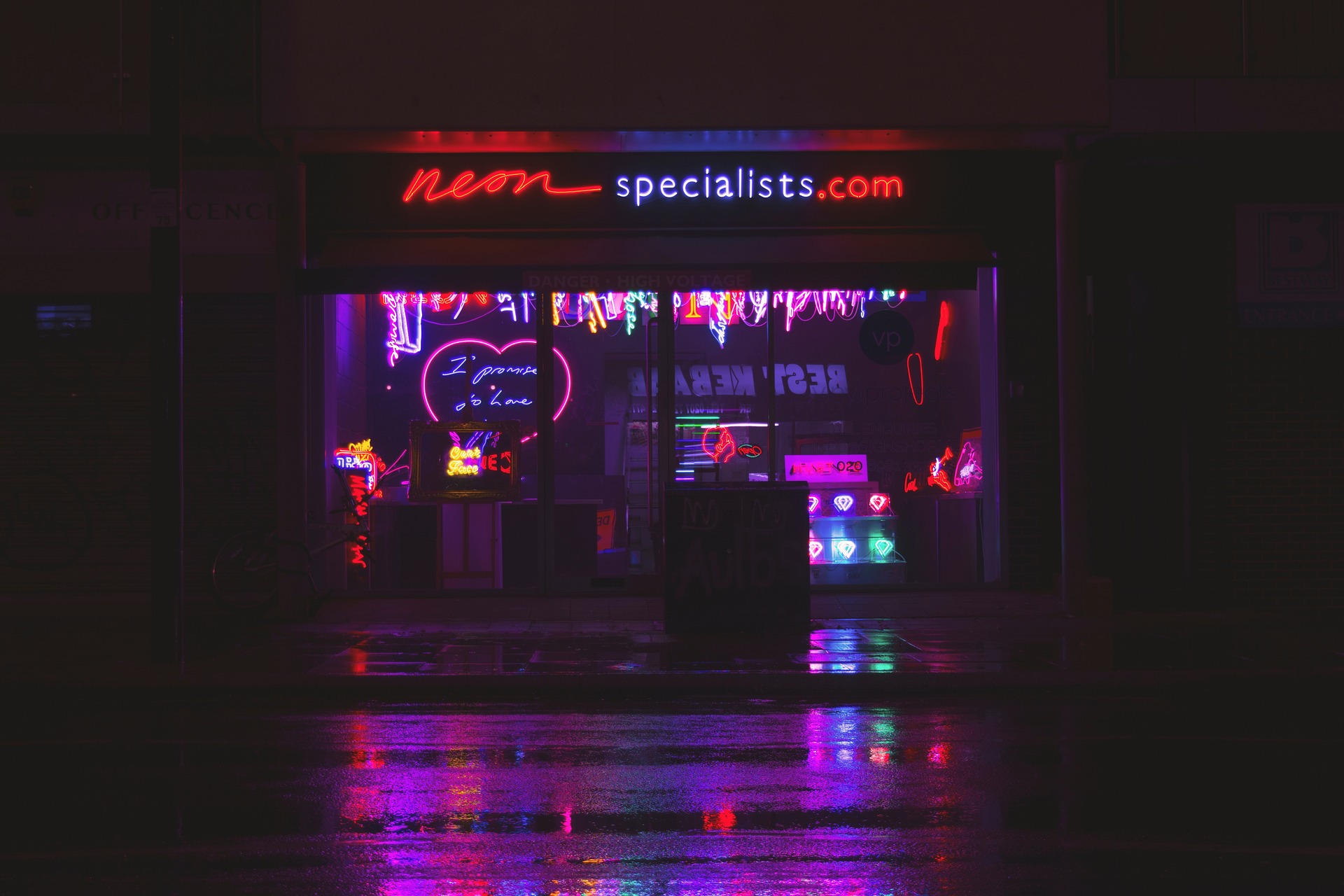Dissecting the Echo Chamber: How Social Media Shapes Pop Culture
Introduction: As the digital age progresses, understanding the role of social media in shaping pop culture has become more critical than ever. This article delves into this modern phenomenon, exploring its historical context, current developments, and overall impact on the arts and entertainment industry.
A Brief History of Pop Culture and Social Media
Pop culture, short for popular culture, refers to the set of ideas, perspectives, attitudes, and images that are mainstream in a given culture at a given time. It originated from the rise of mass media in the late 19th and early 20th centuries, with newspapers, radio, and television being the primary influencers. However, the advent of the internet, and more specifically, social media, has revolutionized pop culture like never before.
Social media platforms such as Facebook, Twitter, Instagram, and TikTok have given rise to a new form of pop culture—one that is more immediate, more interactive, and more global. These platforms not only disseminate pop culture but also shape it by providing a space for trends to emerge, spread, and evolve.
Recent Developments in Social Media Pop Culture
In recent years, social media has become an incubator for pop culture phenomena. The rise of viral trends, memes, and challenges are prime examples. TikTok, for instance, has been instrumental in sparking new music trends, dance crazes, and fashion fads.
Moreover, social media platforms have become a stage for activism, shaping pop culture’s discourse on social and political issues. Movements like #MeToo and #BlackLivesMatter gained significant traction on social media, influencing pop culture narratives and leading to tangible changes in the arts and entertainment industry.
The Impact of Social Media on the Arts and Entertainment
The impact of social media on the arts and entertainment industry is profound. Artists, performers, and creators now have a platform to share their work with a global audience, build a fan base, and interact with their followers. This direct line of communication has democratized the industry, allowing unknown talents to gain recognition and established artists to maintain relevance.
However, the rapid pace of social media also presents challenges. Trends rise and fall quickly, putting pressure on artists and creators to constantly innovate. The echo chamber effect, where users are exposed predominantly to content that aligns with their existing beliefs, can also lead to homogenization in pop culture.
Looking Forward: The Future of Social Media Pop Culture
As social media continues to evolve, so will its influence on pop culture. The rise of virtual and augmented reality technologies, for example, could give rise to new forms of entertainment and ways of experiencing art. Similarly, the ongoing discussions on privacy, data security, and misinformation will likely shape the future dynamics of social media pop culture.
In conclusion, social media has undeniably become a powerful force in shaping pop culture. By understanding its impact, we can better navigate the ever-changing landscapes of the arts and entertainment industry.





